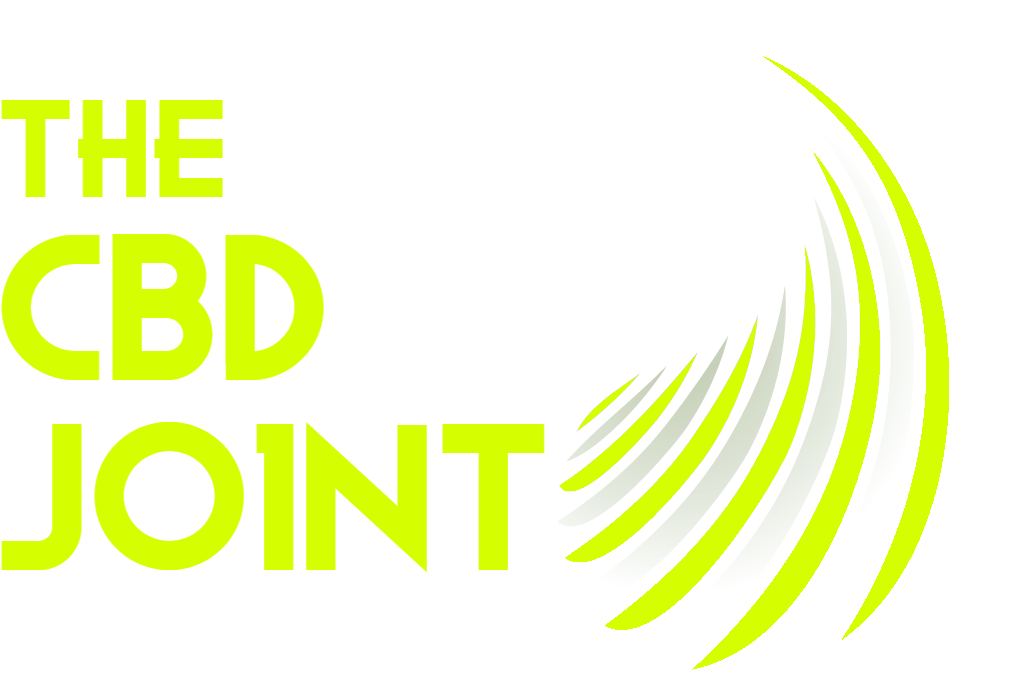Full spectrum CBD oil and broad spectrum CBD oil are two popular types of CBD products that are similar in many ways, but differ in their THC content and composition.
Full spectrum CBD oil contains all the naturally occurring compounds found in the hemp plant, including CBD, THC (in amounts less than 0.3%), other cannabinoids like CBG, CBC, CBN, and a variety of terpenes and flavonoids. This means that it provides the benefits of the entourage effect, where the various compounds in the hemp plant work together synergistically to enhance their individual therapeutic effects. Full spectrum CBD oil is generally considered to be more effective than CBD isolate, as it contains a wider range of compounds that work together to produce a synergistic effect.
Broad spectrum CBD oil, on the other hand, also contains many of the same beneficial compounds found in full spectrum CBD oil, including other cannabinoids, terpenes, and flavonoids. However, it has undergone additional processing to remove all traces of THC, making it a good option for people who want to avoid THC altogether. While broad spectrum CBD oil may not provide the full range of benefits of the entourage effect, it can still provide many of the same potential therapeutic benefits as full spectrum CBD oil, including reducing inflammation, relieving pain, and promoting relaxation.
Ultimately, the choice between full spectrum CBD oil and broad spectrum CBD oil comes down to personal preference and individual needs. Full spectrum CBD oil may be preferred by those who want to experience the full benefits of the entourage effect, while broad spectrum CBD oil may be a better choice for those who want to avoid THC altogether. It’s important to choose a reputable brand and carefully read the label to ensure that you are getting a high-quality CBD product that meets your individual needs.
Here are some pros and cons of full spectrum CBD oil and broad spectrum CBD oil:
Full Spectrum CBD Oil:
Pros:
- Contains a wide range of beneficial compounds found in the hemp plant, including cannabinoids, terpenes, and flavonoids.
- Provides the benefits of the entourage effect, where the various compounds work together synergistically to enhance their individual therapeutic effects.
- Generally considered to be more effective than CBD isolate.
- May provide relief for a wider range of conditions than broad spectrum CBD oil.
Cons:
- Contains THC, which may be a concern for some people, particularly those who are sensitive to THC or subject to drug testing.
- May not be legal in some states or countries where THC is not allowed.
- May have a strong flavor or aroma that some people find unpleasant.
Broad Spectrum CBD Oil:
Pros:
- Contains many of the same beneficial compounds found in full spectrum CBD oil, but without THC.
- Can provide many of the same potential therapeutic benefits as full spectrum CBD oil.
- May be a good option for people who want to avoid THC altogether.
- Legal in all 50 states in the US.
Cons:
- May not provide the full benefits of the entourage effect.
- May be less effective for certain conditions that may benefit from the presence of THC.
- May be more expensive than full spectrum CBD oil.
- May have undergone more processing, which can result in a loss of other beneficial compounds.
